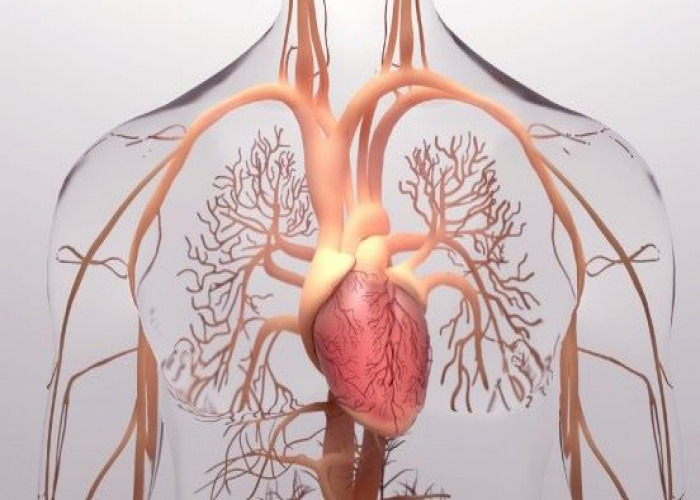 Welcome
Welcome
“May all be happy, may all be healed, may all be at peace and may no one ever suffer."
Heart palpitations
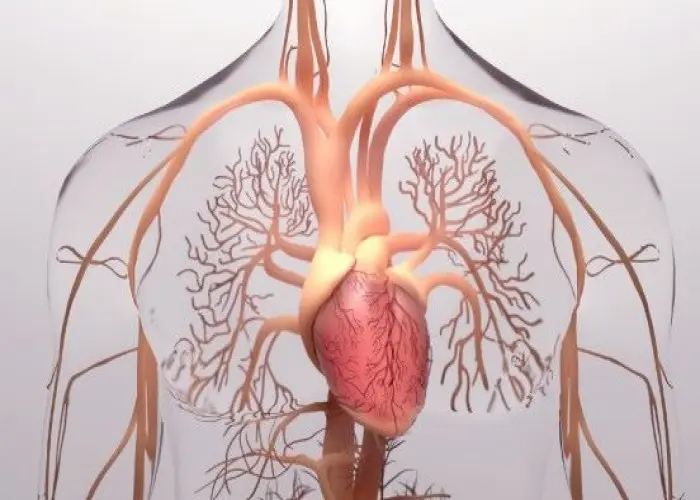
Heart palpitations are sensations of a fast, fluttering, or pounding heartbeat that may be felt in the chest, neck, or throat. Palpitations can be caused by a variety of factors, including stress or anxiety, caffeine or alcohol consumption, medications, or underlying heart conditions.
In some cases, heart palpitations may be a normal response to physical activity or emotional stress. However, they can also be a symptom of a more serious heart condition, such as an arrhythmia or heart disease.
If you experience frequent or persistent heart palpitations, it is important to see a doctor for evaluation. Your doctor may perform an electrocardiogram (ECG) or other tests to diagnose the underlying cause of your palpitations. Treatment will depend on the underlying cause and may include lifestyle changes, medication, or other therapies as appropriate.
If your heart palpitations are accompanied by other symptoms, such as chest pain, shortness of breath, or dizziness, seek medical attention immediately, as these can be signs of a more serious condition such as a heart attack or arrhythmia.
Research Papers
Disease Signs and Symptoms
- Rapid fluttering heartbeats (palpitations)
- Fainting (syncope)
- Shortness of breath (dyspnea)
- Dizziness (vertigo)
- Irregular heartbeats (arrhythmia)
Disease Causes
Heart palpitations
Often the cause of heart palpitations can't be found. Common causes include:
- Strong emotional responses, such as stress, anxiety or panic attacks
- Depression
- Strenuous exercise
- Stimulants, including caffeine, nicotine, cocaine, amphetamines, and cold and cough medications that contain pseudoephedrine
- Fever
- Hormone changes associated with menstruation, pregnancy or menopause
- Too much or too little thyroid hormone
Occasionally heart palpitations can be a sign of a serious problem, such as an irregular heart rhythm (arrhythmia).
Arrhythmias might cause a very fast heartbeat (tachycardia), an unusually slow heartbeat (bradycardia), a heartbeat that varies from a typical heart rhythm or a combination of the three.
Disease Prevents
Disease Treatments
Unless the palpitations are caused by a heart condition, heart palpitations rarely require treatment. Instead, a health care provider might recommend taking steps to avoid the triggers that cause palpitations.
If palpitations are caused by a heart condition, such as an irregular heartbeat (arrhythmia), treatment will focus on correcting the condition.
Disease Diagnoses
Disease Allopathic Generics
-
Trifluoperazine
Medicines containing trifluoropyrazine for anxiety, depression, sickness, doubt, noise etc.
1 pill in the morning 1 pill at night.
-
Fluphenazine + Nortriptyline
Mild to moderate anxiety and depression.
Adults: 1 tablet 2 times a day.
-
Clobazam
Medicines containing clobazam to relieve anxiety, stress, tension and restlessness.
1 pill 2/3 times a day.
-
Ranitidine Hydrochloride
Abdominal gas on palpation for upward pressure.
1+0+1.
-
Pancreatin
The same can be said for common digestive disorders. Digestive medicine should be given for this.
1 serving 2/3 times a day after meals.
-
Vitamin B complex
If palpitation for weakness.
1 capsule in the morning and 1 capsule at night after meal.
-
Multivitamin & Multimineral
If palpitation for weakness.
1+0+1 after meal.
-
Propranolol Hydrochloride
If there is heart palpitation for palpitations, palpitations in the chest, slight anxiety, high pulse for anxiety, tremors, etc.
1/2, 1 pill 2/3 times a day. It is the most effective medicine but should not be given to asthmatic patients.
-
Dexamethasone
If there is shortness of breath due to anxiety, nervousness etc. or shortness of breath due to asthma.
1cc medicine should be injected into the meat.
-
Ferrous Sulfate
Heart attack due to anemia.
Take 2 spoons 3 times a day after meals.
Disease Ayurvedic Generics
Disease Homeopathic Generics
-
Aurum metalicum
3X strength.
-
Cannabis indica
30 strength.
-
Lachesis
Q strength.
-
Aconite napellus
1X, 3X strength.
-
Spigelia anthelmintica
6, 30, 200 strength.
-
Crataegus oxyacantha
Q strength.
-
Coffea
6, 30 strength.
-
Digitalis purpurea
6, 200 strength.
-
Iris
6, 30, 200 strength.
-
Cactus grandiflorus
1X, 3X strength.
Disease yoga
Heart palpitations and Learn More about Diseases
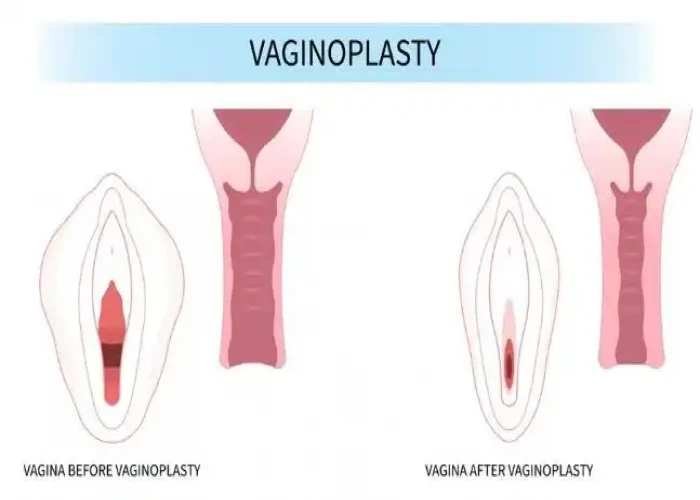
Vaginal agenesis

Thrombophlebitis

Male breast cancer
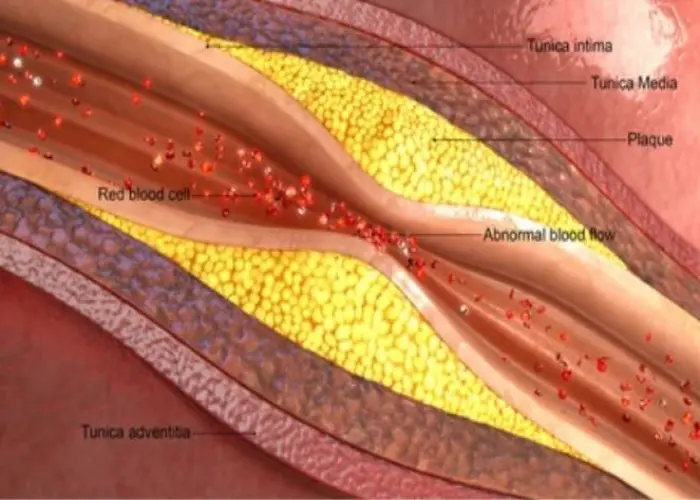
Arteriosclerosis / atherosclerosis
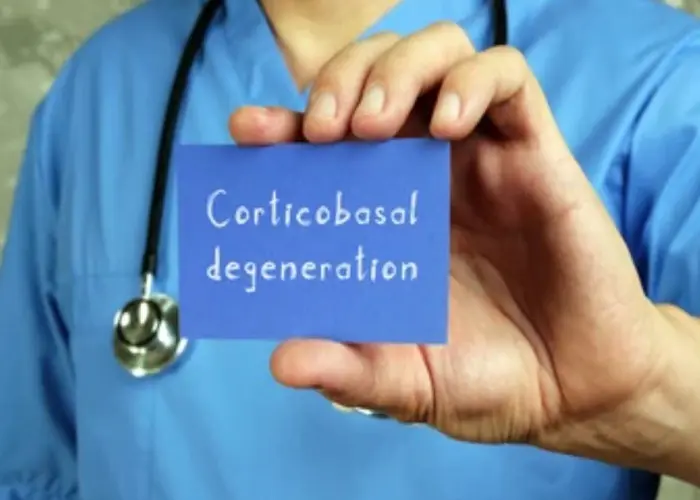
Corticobasal degeneration
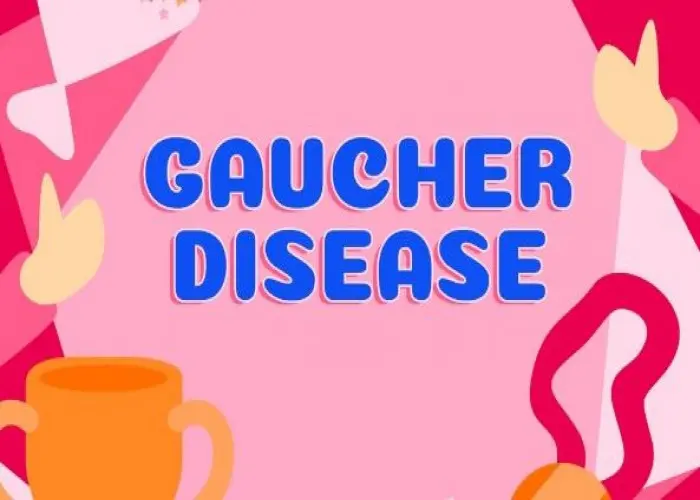
Gaucher disease
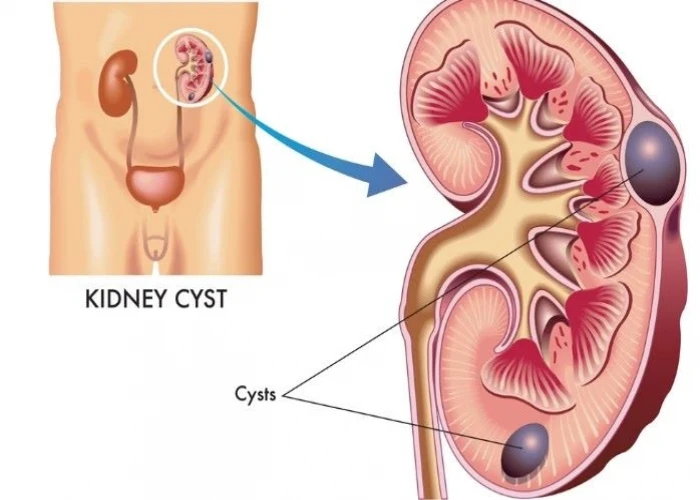
Kidney cysts

Paget's disease of the breast
heart palpitations, হার্ট প্যালপিটিশন, হৃদস্পন্দন
To be happy, beautiful, healthy, wealthy, hale and long-lived stay with DM3S.
